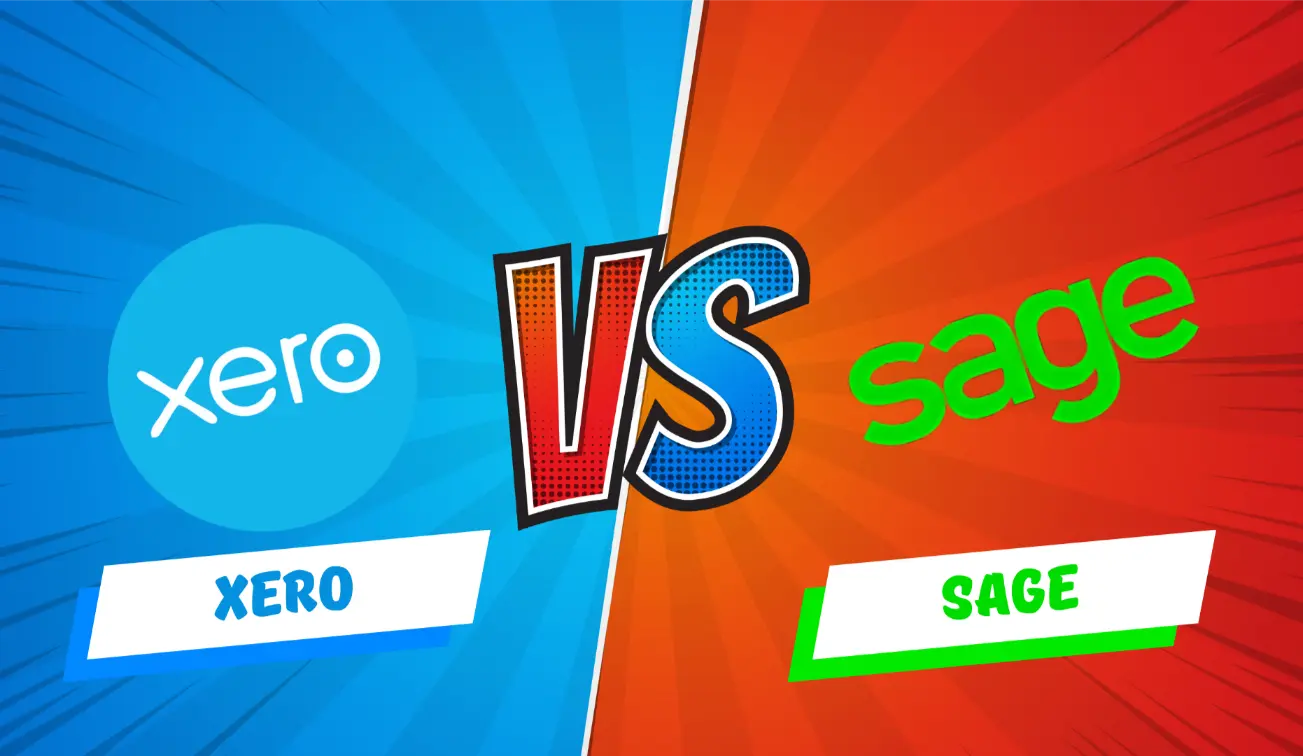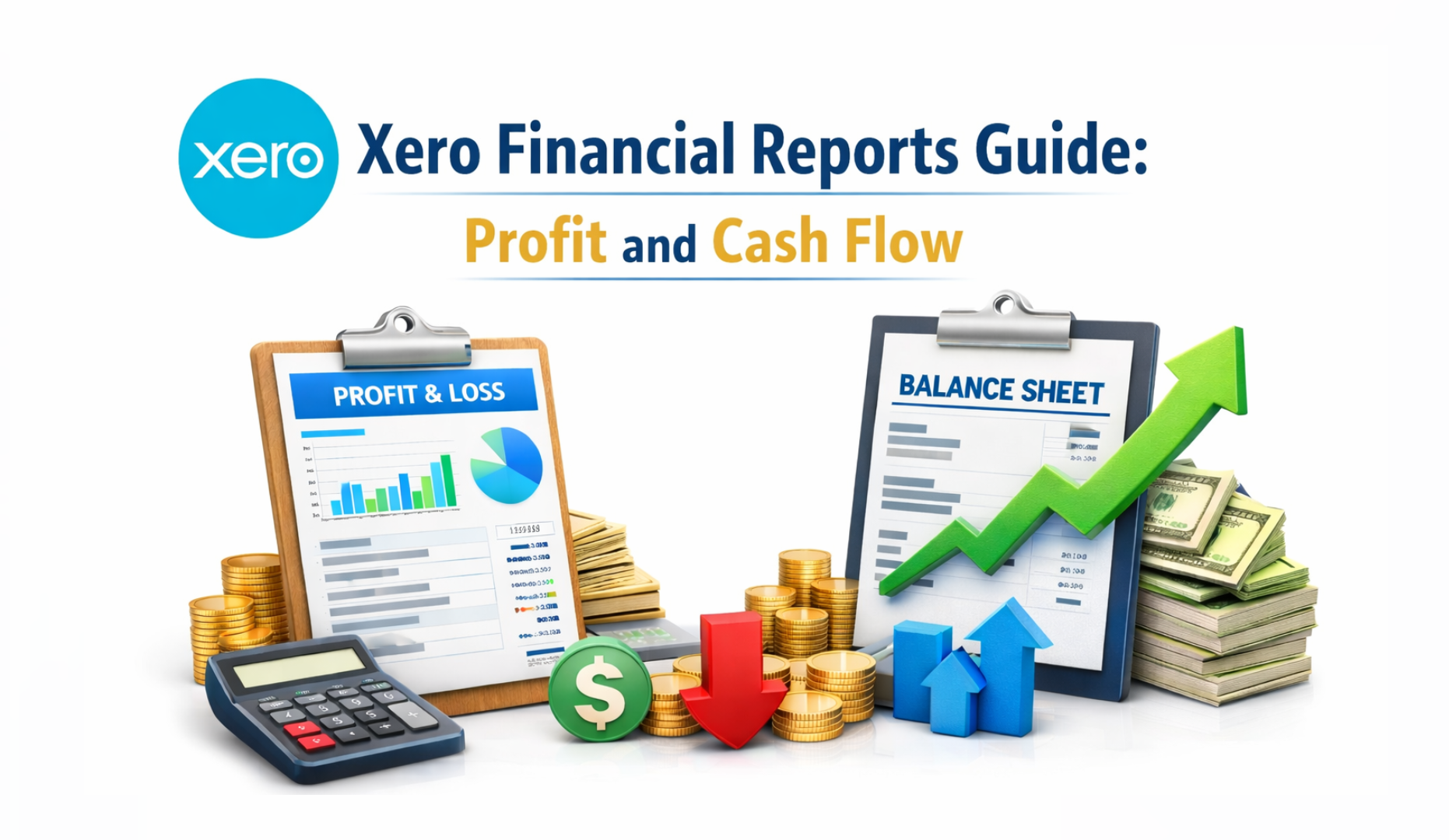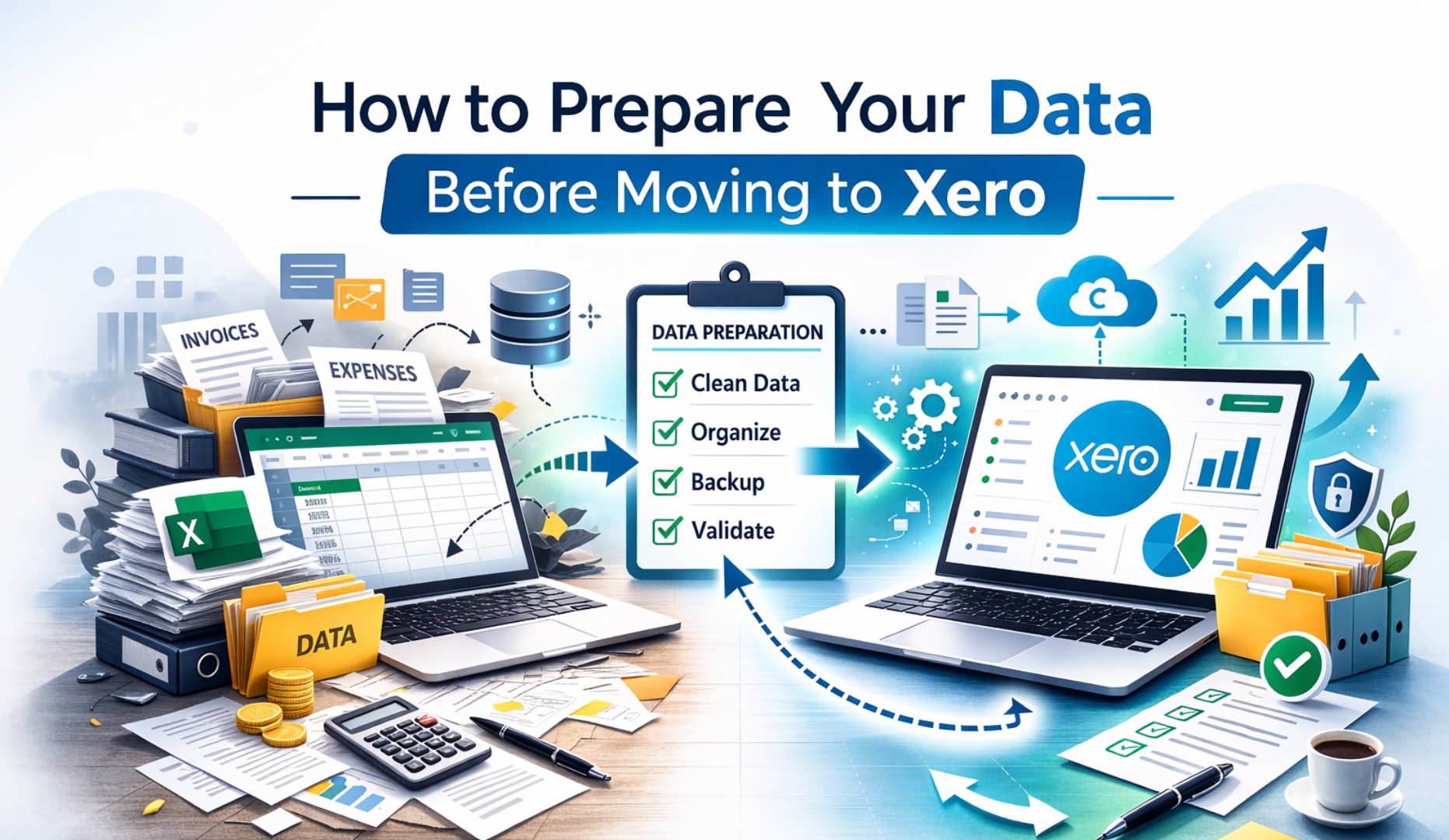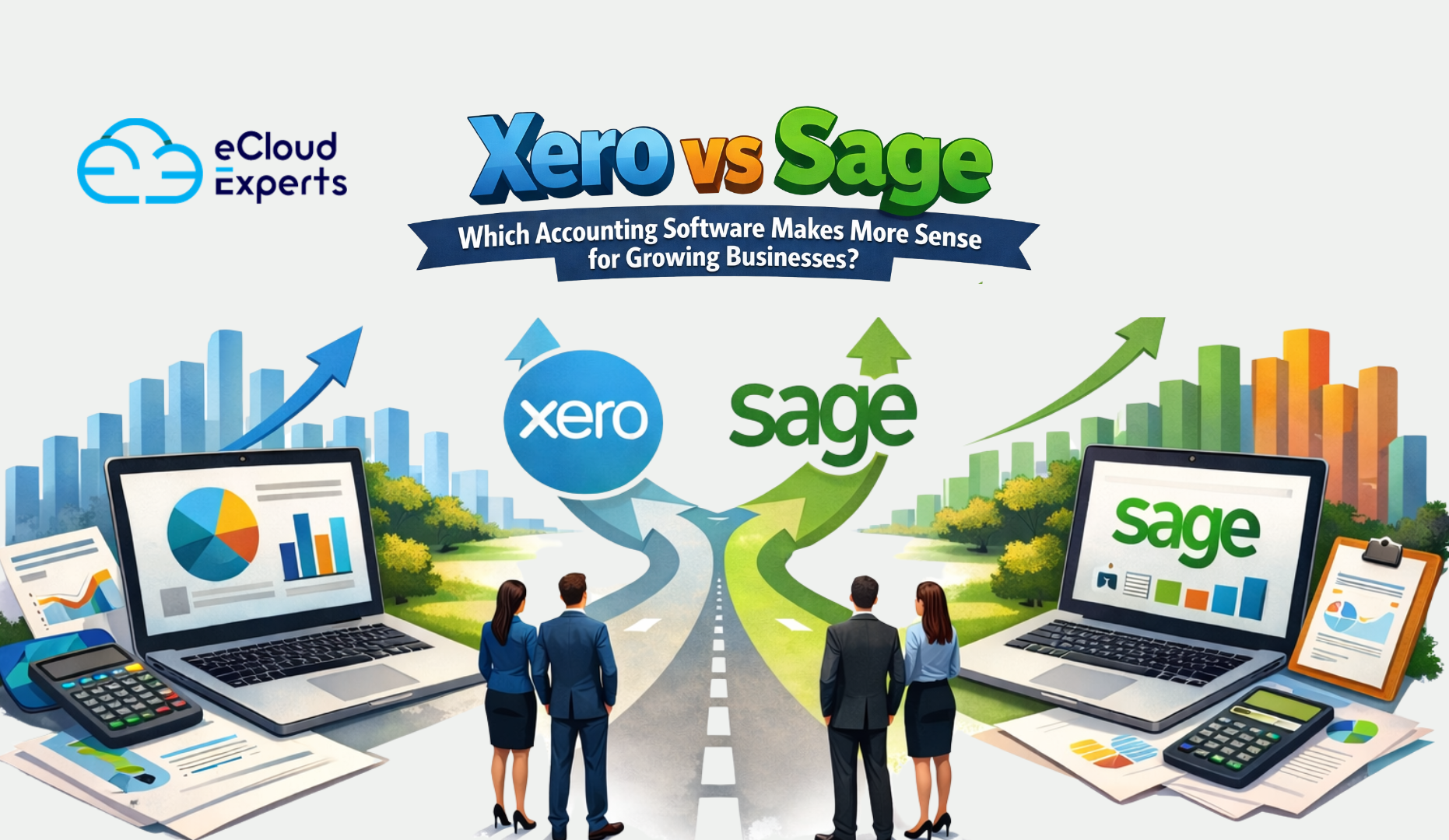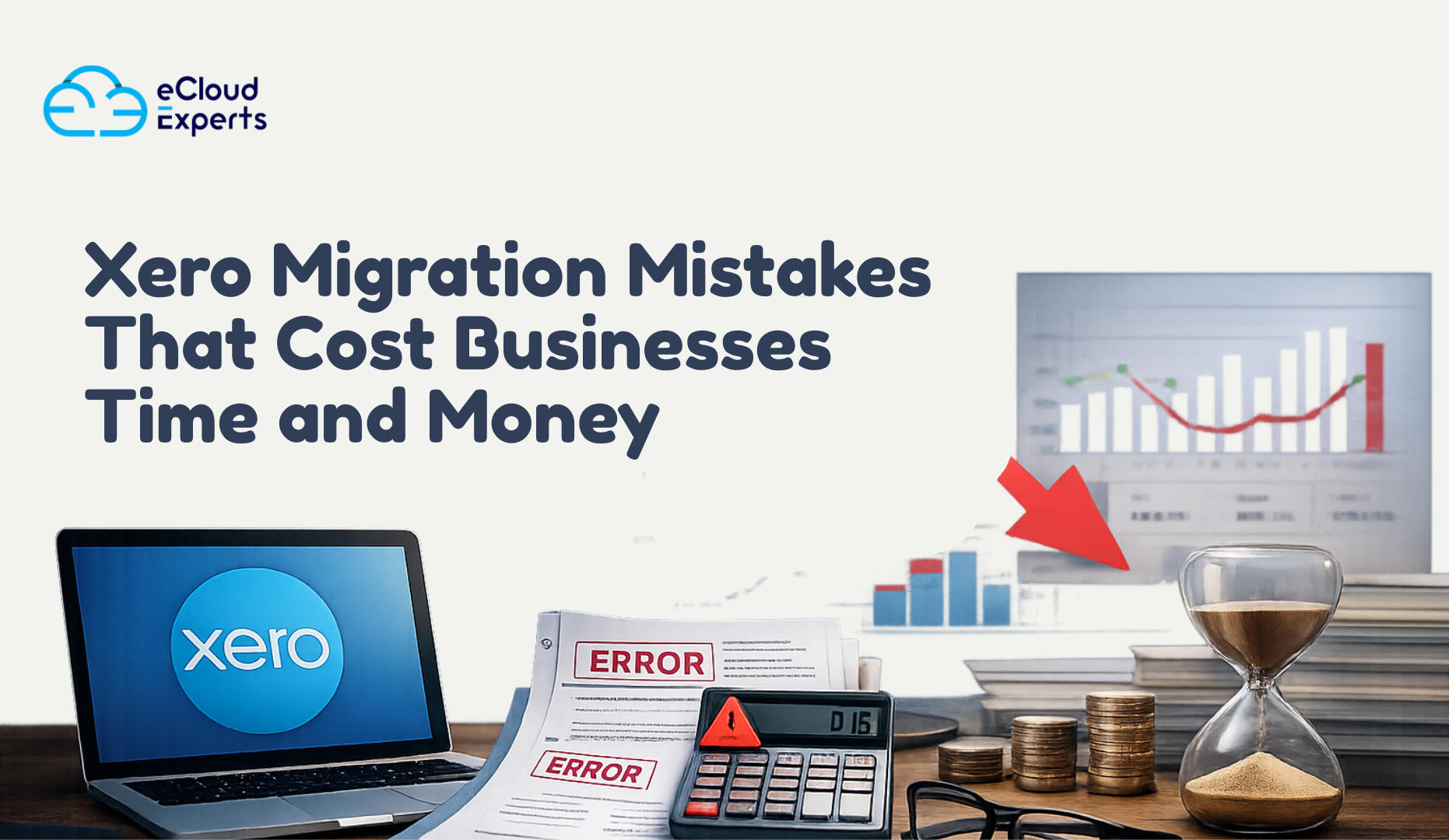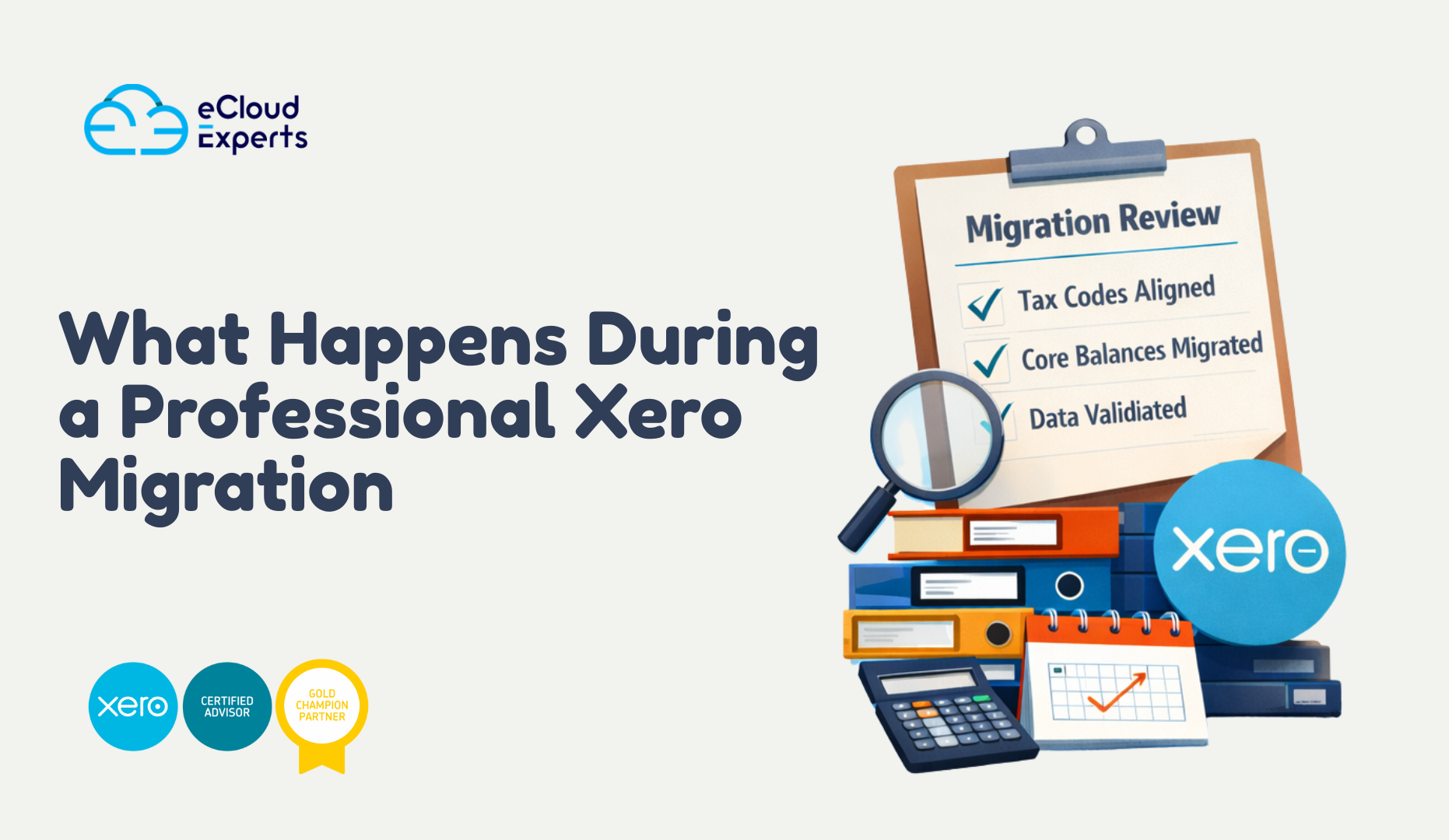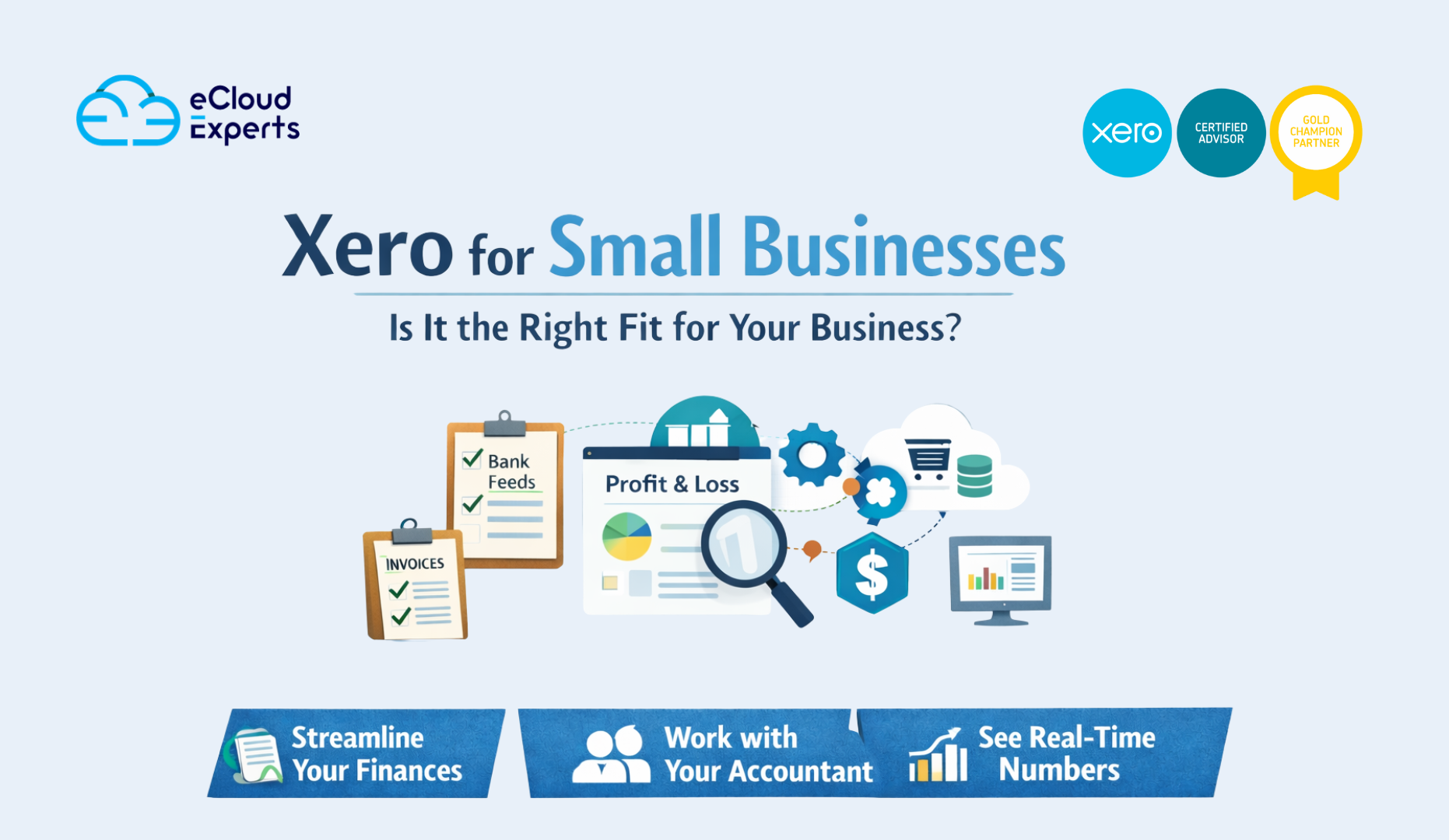Choosing the right accounting software is a cornerstone of any successful business. Two prominent names often surface in this decision: Sage and Xero. While both offer robust features, understanding their key differences, particularly in financial reporting, is crucial for making an informed choice. Are you struggling to decide which platform best suits your needs? This comprehensive guide will delve into the nuances of Sage vs Xero, providing a clear Xero vs Sage comparison to help you navigate the decision. We’ll explore everything from basic report generation to advanced analytics, and even touch upon the process of Sage to Xero migration.
Decoding Core Financial Reporting: A Sage vs Xero Showdown
Both Sage accounting software and Xero financial reporting provide essential tools for tracking your business’s financial health. However, their approach and capabilities can vary significantly. Sage accounting software, with its long history, often offers a more traditional, sometimes desktop-based experience, though cloud versions are increasingly popular. On the other hand, Xero is built as a purely cloud accounting software, emphasizing accessibility and real-time data.
When it comes to generating fundamental financial reports like balance sheets, profit and loss statements, and cash flow statements, both platforms are capable. However, the ease of use and customization options differ. Many users find Xero financial reporting to be more intuitive and user-friendly, especially for those less familiar with complex accounting principles. The interface often allows for drag-and-drop customization and real-time updates, making it easier to generate and understand reports. In contrast, while Sage accounting software offers powerful reporting capabilities, it can sometimes require a steeper learning curve to navigate and customize reports effectively. This Xero vs Sage comparison highlights a key difference in user experience.
Furthermore, the way each platform handles data input and organization can impact the reporting process. Xero’s emphasis on bank feeds and automated reconciliation streamlines data entry, leading to more accurate and timely financial reports. While Sage also offers bank feeds, the level of automation and integration can sometimes vary. For businesses looking for a seamless, cloud-first approach to financial reporting, this difference can be significant.
Diving Deeper: Advanced Financial Reporting and Analytics
Beyond the basics, businesses often require more sophisticated financial reporting and analytical tools. Here, the Sage vs Xero comparison becomes even more nuanced. Sage accounting software, particularly its higher-tier versions, often boasts more advanced features for budgeting, forecasting, and multi-currency management. These features can be crucial for larger or more complex businesses with intricate financial needs.
Xero financial reporting also offers robust advanced features, often through its extensive marketplace of integrations. This allows businesses to connect Xero with specialized apps for tasks like inventory management, CRM, and advanced analytics, effectively extending its reporting capabilities. This approach provides flexibility, allowing businesses to tailor their financial reporting ecosystem to their specific requirements. When considering cloud accounting software comparison, Xero’s integration capabilities are a significant strength.
For businesses considering a Sage to Xero migration, it’s important to assess whether Xero’s built-in advanced features and integration options can meet their current and future needs. While Sage might offer some features natively, Xero’s app ecosystem provides a wide range of specialized solutions. This Xero vs Sage comparison often boils down to a preference for an all-in-one solution versus a more modular, integrated approach.
User Experience and Accessibility: Key Factors in Financial Reporting
The ease with which you can access and understand your financial reports is paramount. In this regard, the Xero vs Sage comparison often leans towards Xero for its intuitive interface and accessibility. As a purely cloud accounting software, Xero allows users to access their financial data and generate reports from any device with an internet connection. This accessibility can be a significant advantage for business owners on the go or those with remote teams.
Sage accounting software, while increasingly offering cloud options, can sometimes feel less seamless in its accessibility, particularly for users accustomed to purely web-based platforms. The user interface, while functional, is often perceived as less modern and intuitive compared to Xero. Generating reports and navigating through different financial data can sometimes require more clicks and familiarity with the system. This difference is often highlighted in cloud accounting software comparison.
For small businesses, the simplicity and ease of use of Xero financial reporting can be particularly appealing. The learning curve is often gentler, allowing business owners to quickly generate and understand key financial reports without requiring extensive accounting knowledge. This ease of use contributes to the positive feedback often seen in Xero vs Sage for small business discussions.
Thinking of Switching? The Sage to Xero Migration Journey
If you’re currently using Sage accounting software and are considering a move to Xero for its enhanced financial reporting capabilities and cloud-based accessibility, you’re not alone. Many businesses are making the Sage to Xero migration to streamline their financial processes and gain better insights into their performance.
The decision to migrate involves careful planning and execution. It’s crucial to ensure a smooth transition of your financial data to avoid errors and disruptions. This is where expert assistance can be invaluable. Sage to Xero migration requires a thorough understanding of both platforms and the intricacies of data transfer.
How eCloud Experts Can Simplify Your Sage to Xero Migration for Superior Financial Reporting
At eCloud Experts, we specialize in providing seamless and efficient Saghttps://ecloud-experts.com/sage-to-xero-migration/e to Xero migration services. We understand the complexities involved in moving your financial data and are dedicated to making the process as smooth and hassle-free as possible. Our team of experienced professionals will guide you through every step of the migration, ensuring data accuracy and minimal disruption to your business operations.
We don’t just move your data; we help you optimize your Xero financial reporting setup. Our experts can assist you in configuring your chart of accounts, setting up bank feeds, and customizing reports to meet your specific business needs. We ensure you can leverage the full power of Xero financial reporting from day one, gaining valuable insights into your financial performance. Choosing eCloud Experts for your Sage to Xero migration means partnering with a team committed to your success and ensuring you unlock the full potential of cloud accounting software. We help businesses transition smoothly and efficiently, making the Xero vs Sage comparison a clear win for enhanced financial reporting.
Conclusion: Making the Right Choice for Your Financial Future
In the realm of Sage vs Xero, the choice ultimately depends on your business’s specific needs and priorities. While Sage accounting software offers robust features and a long history, Xero financial reporting stands out for its user-friendliness, cloud-based accessibility, and extensive integration capabilities. Understanding the nuances of their financial reporting features is crucial in making the right decision.
If you’re seeking a modern, intuitive cloud accounting software with powerful and accessible financial reporting, and are considering a Sage to Xero migration, eCloud Experts is here to help. We provide expert guidance and seamless migration services to ensure you can focus on what matters most: growing your business. By carefully considering this Xero vs Sage comparison and exploring your options, you can unlock a more efficient and insightful financial future for your organization. Remember to weigh the Xero vs Sage pros and cons carefully and consider which platform aligns best with your long-term goals.

